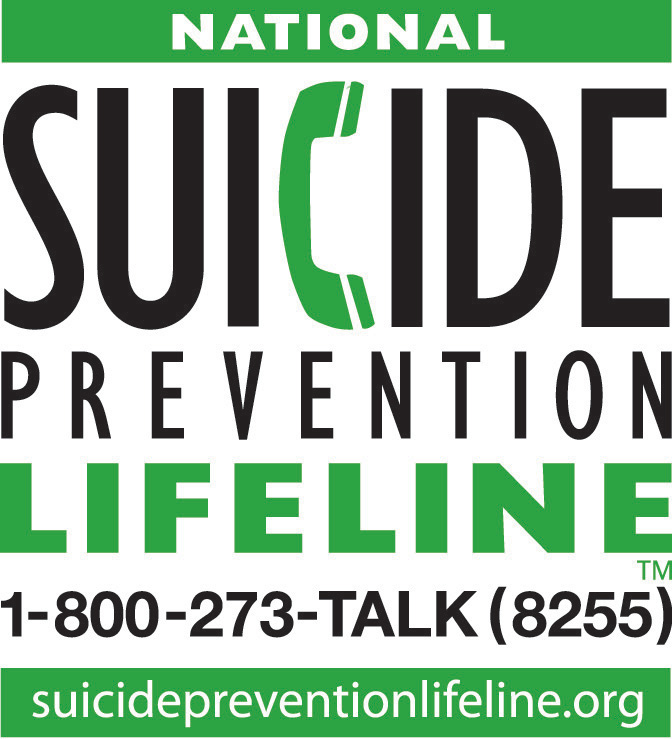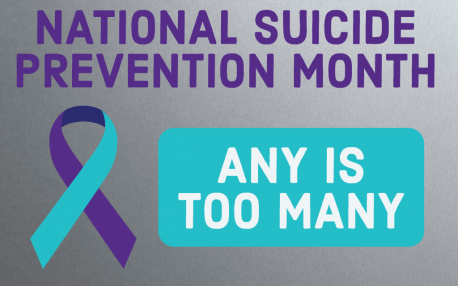Caring for your Mental Health
Caring for your mental health is more than just living with the absence of mental illness. Mental health encompasses one’s emotional, psychological, and social well-being. Maintaining your mental health through self care can help lower your risk of illness, manage stress levels, increase energy, and support recovery if you have a mental illness.
Self Care Tips
Even the smallest acts of self care can have positive impacts on your overall health. The following includes tips for self care and bettering your mental health.
- Make sleep a priority and do your best to stick to a regular sleep schedule
- Exercise daily even if in small amounts, any bit counts and can be beneficial to your physical and mental health
- Make time for yourself and do things that you enjoy
- Stay connected by reaching out to friends and family
- Practice gratitude by reflecting on things you are thankful for
- Find a relaxing hobby such as meditation, yoga, reading, or another activity that brings you peace of mind
- Set goals to help prioritize important tasks and reward yourself for completing them
When to Seek Professional Help
If you are experiencing symptoms that are severe or distressing that have lasted two weeks or more we recommend contacting your healthcare provider. Concerning symptoms include, but are not limited to:
- Difficulty concentrating
- Loss of interest in once enjoyable activities
- Trouble sleeping
- Inability to perform daily tasks and functions
- Changes in appetite
Learning More and RESOURCES
- To learn more about caring for your mental health, we recommend contacting your health care provider.
- To read more about self care, the following resources are suggested:
Return to the homepage:https://nwmind-bodywellness.com/
Read more articles at: https://nwmind-bodywellness.com/articles










